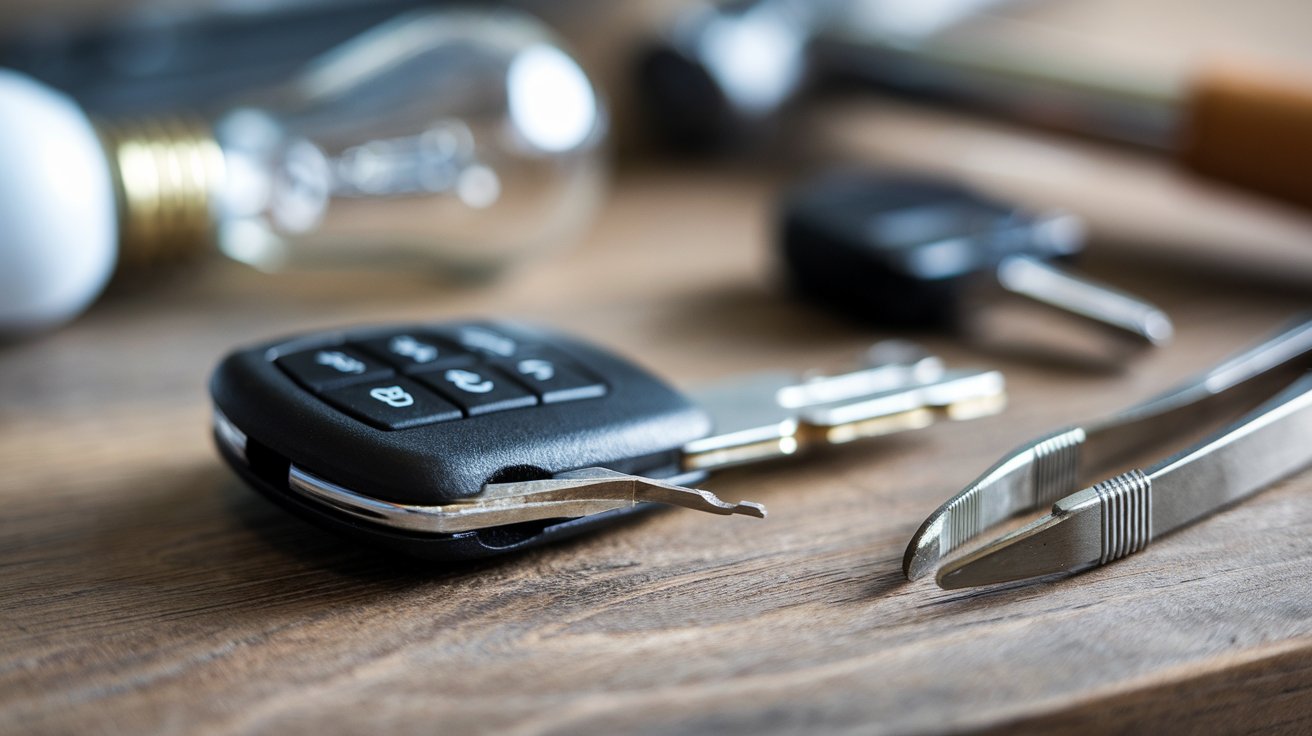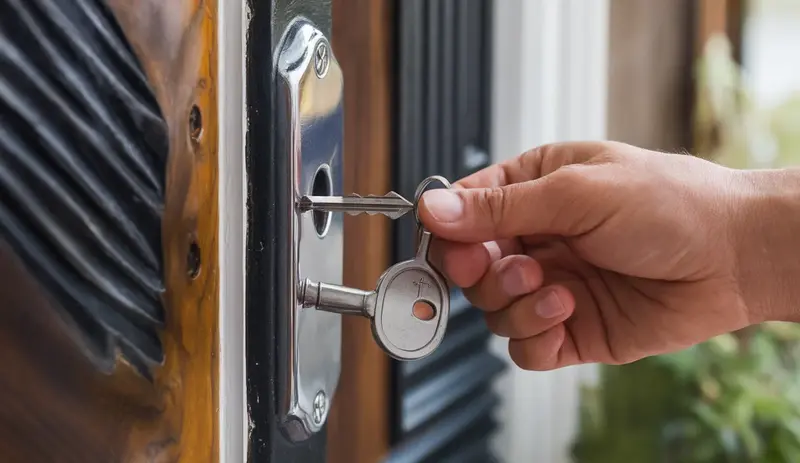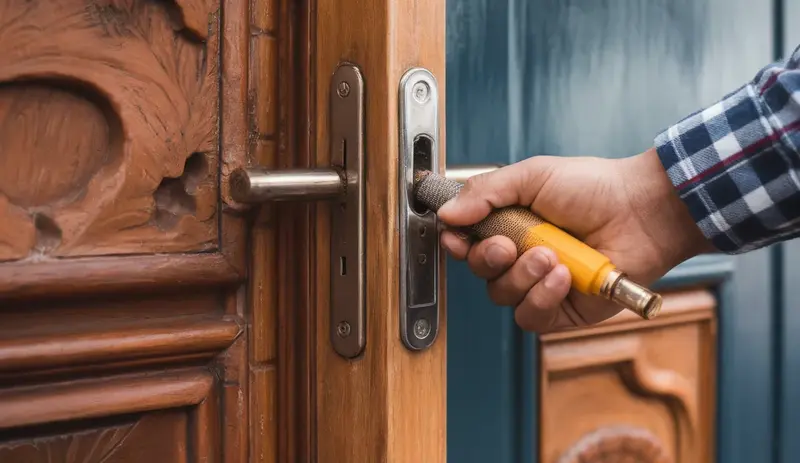
Picture this: You’re running late for an important meeting, coffee in hand, and as you try to start your car, your key snaps in half. Talk about the worst possible moment, right? One second you’re ready to roll, and the next, you’re staring at a key that looks like it’s been through a paper shredder.
Before you start panicking or imagining a super expensive repair, take a deep breath. Most car key issues aren’t as complicated as they seem. Whether you’ve got a traditional metal key or a fancy electronic fob, this guide will walk you through exactly what to do—step by step.
Common Reasons Your Car Key Breaks (And How to Spot Them)
Let’s discuss a matter that every vehicle owner loathes: an inoperative vehicle key. The majority of people do not recognize the extent to which their keys endure wear and tear on a daily basis.
Your vehicle key is, for all intents and purposes, a mini tool that gets thrown around, pushed, pulled, twisted, and all sorts of things that keys are not supposed to do, and it gets this kind of treatment several times a day.
Is Wear and Tear the Leading Nemesis of Automobile Keys?
Yes. Each time you insert the key into the ignition or employ it for unlocking the car door, you’re making microscopic stress points. And if your keys are made of softer or cheaper metals, they are especially vulnerable to the kind of everyday use that creates these dislocations in the metal.
With time and use, metal that is not tough or flexible can develop tiny fractures that aren’t readily noticeable.
Warning Signs of Key Failure
What are the warning signs that your key might be on its way out? First, take a good look at your key. Is it bent? Rusting? Loose? Now examine the lock itself.
Is it working smoothly, or does it seem to have an increasing amount of resistance? If the lock is functioning reasonably well, but the key feels off, that’s the first and best warning sign you can have that all is not well with your key. A different feel is often the first indication that a key is failing. If you notice it, don’t ignore it.
You May Like: What Is A Transponder Key & Can Locksmiths Work With Them?
DIY Fixes: What You Can Actually Do Right Now?
When signs of wear start to show on your key, you have a couple of immediate choices. The first is to check whether the problem is something simple, like dirt or debris lodged in the key’s grooves. Often, a gentle cleaning with rubbing alcohol can work wonders.
If there are small bends or slight damage, you might be able to straighten the key using pliers. But-you must be very careful, since one wrong move could cause more damage than good. If you’re not confident, then it’s better to seek professional help from Doctor Lock.
Quick temporary solutions involve using electrical tape to bolster a frail key or making a duplicate using the key-cutting machine at your neighborhood hardware store. Just keep in mind, these are short-term measures, not long-lasting solutions.
Professional Options: When to Call in the Experts?
Now and then, you can’t beat the pros. When your key’s really broken, or significantly damaged, it’s time for the professionals at Doctor Lock who work with locks and keys day in and day out.
Locksmiths usually charge around $50-$100. Dealerships, especially for modern transponder keys, can hit you up for anywhere between $150 and $300.1
Have these details ready when you look for a replacement: the make, model, year, and Vehicle Identification Number (VIN) of your car. This information allows professionals to create an exact match of your key in a quick and accurate manner.
Tip from a professional: Always obtain quotes from several different sources. Some locksmiths charge far less than dealerships and can often make replacement keys immediately.
Prevention is Better Than Cure: Protecting Your Car Keys
Replacement is always more costly than prevention. So, when one considers investing in keys, it makes sense to consider something more than just the key itself-that is, the key’s material. In that context, it’s worth mentioning the use of more durable materials. Keys made from good, sound materials are far less likely to fail than keys made from poor, unsound materials.
How you store your keys matters more than most people realize. Don’t keep your keys in really hot or really cold places or places with a lot of moisture. A key that seems undamaged may actually be on the verge of failure.
Your best defense is regular maintenance. Inspect your keys every few months. Look for signs of wear. This is really about being a bit more attentive to your keys, with the result potentially being significant savings in replacement costs.
The most important thing? Keep your car keys in good working order. A few basic preventive steps can help you avoid the kind of sudden (and costly) key problems that no one ever wants to deal with.
Conclusion
Broken car keys happen to everyone-seriously, you’re not alone. The key (pun totally intended) is staying calm and knowing your options. Whether you’re a DIY champ or need professional help, you’ve got plenty of ways to solve this frustrating problem.


